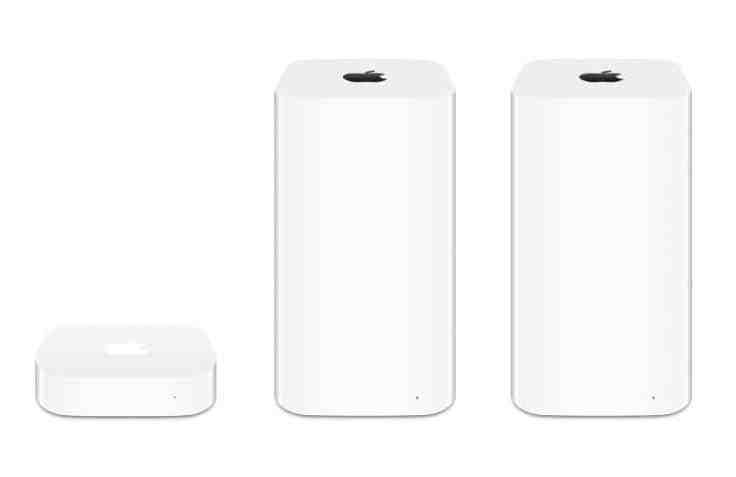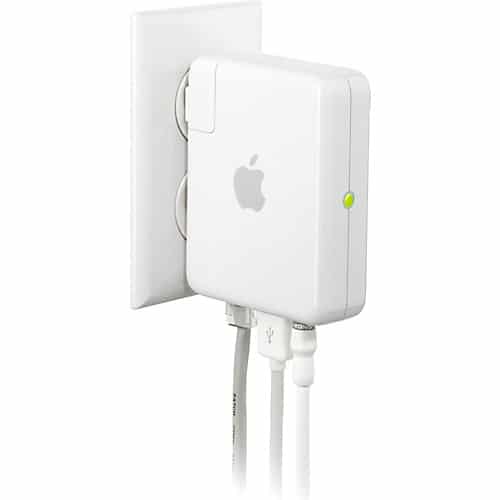Amazon, Google, Apple and Home Networks
The news of Amazon buying Wi-fi start-up Eero yesterday was a sour reminder of Apple exiting the very same market a few years ago. Why Amazon (and Google) are still investing in this “commodity” technology? Because this is all about controling all aspects of the smart home. I find it worrisome that
The news of Amazon buying Wi-fi start-up Eero yesterday was a sour reminder of Apple exiting the very same market a few years ago. Why Amazon (and Google) are still investing in this “commodity” technology? Because this is all about controling all aspects of the smart home. I find it worrisome that Apple did’t see this and instead of investing in mesh networks and the technology to manage it and build on top of it, they came out with a home speaker equipped with… Siri. Here is what could, and should have been the story play.

Apple should have created the successor of the AirPort Extreme but for mesh networks. Let’s call it for now, iDevice. They we’re close to this concept with their AirPort Extreme and AirPort Express devices. The latter was even equiped with a head phone jack to plug speakers in. The iDevice could have included internal storage (at least as an option) in order to offer basic NAS storage for the familly (or at least act has a caching device to iCloud storage) and Time Capsule support. Plus, Apple could have created wireless speakers that would have been tied to the base product. The iDevice could have played the role of the HomeKit bridge and respond to Siri requests from the wireless speakers (just like the Siri Remote is able to send requests wirelessly to the Apple TV). The combinaison of all these features could have become an ecosystem by itself, a new platform. Configuration would have been done via the Home.app (or a seperate app for more advanced feature configuration like firewall rules or internet content filtering.

What name could Apple give to this fabulous new product? The HomePod. Now that would have made sense. Boom.

And to those who think that Apple is not interested to enter “commodity” and “low margin” markets like home routers, make no mistake. This is not just the same as “Smart TV” market. The wireless network is the thing that ties it all together in the smart home of today. Buyers of these products may be geeky but if the technology just works and provides great user experience they become ambassadors and spread the word around.
But Apple is not going in that direction. I don’t understand the vision, if there is such a thing right now at Apple. They decided in 2012 to build their own maps services in order to provide a better user experience, control the whole stack and distance themself from Google, why did they chose not to do so in home networks while on the other hand creating HomeKit? I just don’t get it.



